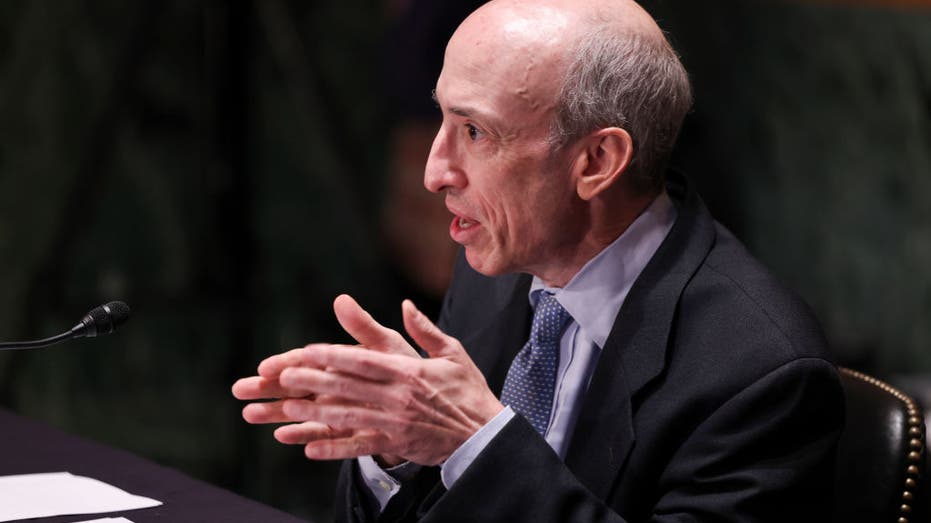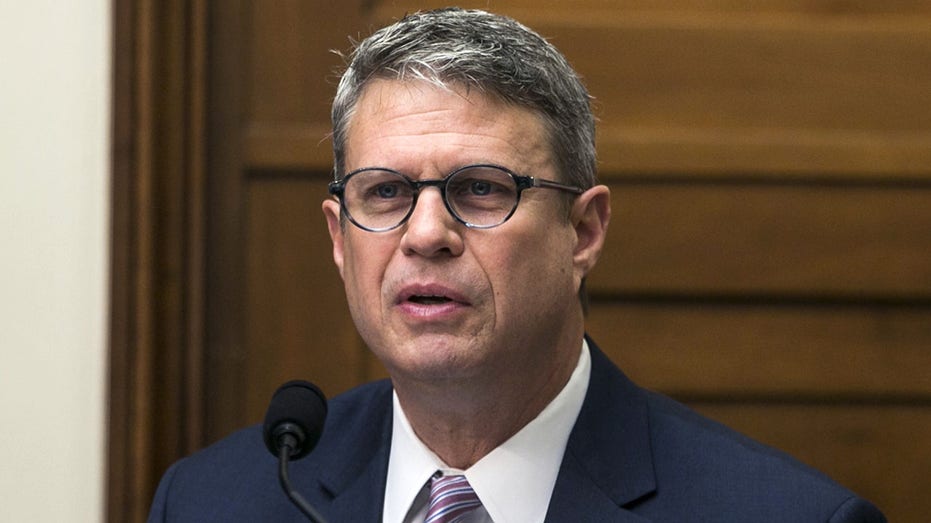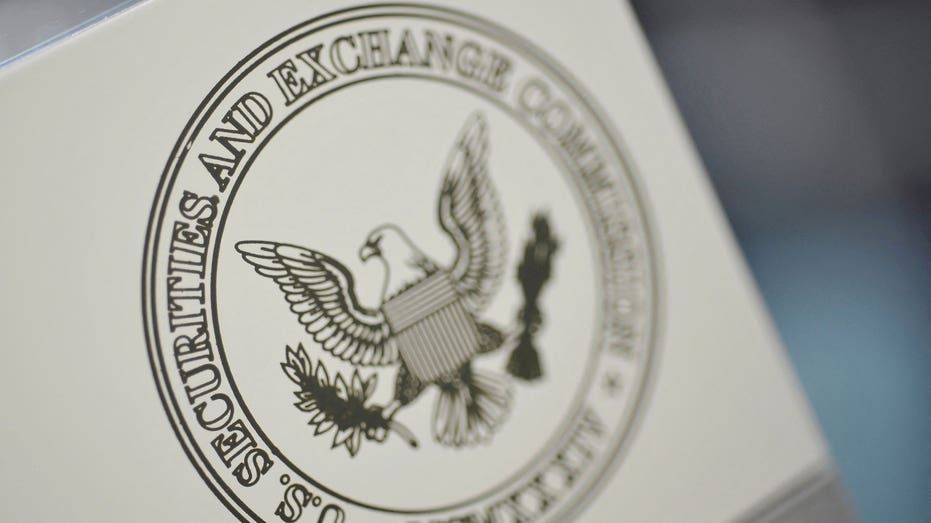Republicans aim to beef up scrutiny of SEC with new bill establishing congressional oversight
The SEC went after the lowest hanging fruit: Sarah Kunst on FTX scandal
Financial experts John Deaton, Lida Braganca and Sarah Kunst react to FTX founder Sam Bankman-Fried being charged with fraud on ‘Making Money.’
FIRST ON FOX: House Republicans plan to unveil a new bill Wednesday that would enhance oversight of the Securities and Exchange Commission by requiring the agency to verify that the rules it creates are not disproportionately burdening small businesses.
Under the Review the Expansion of Government (REG) Act, the SEC would have to review every final rule that it establishes up to three years after its implementation and then every three years after that to determine if any revision or repeal of the rule is required. On top of that, the SEC would be charged with establishing a plan on how to carry out this review.
The bill would also require the agency to inform Congress of reviews it failed to undertake and explain why the lapse occurred.
The REG Act will be introduced by Reps. Young Kim, R-Calif., French Hill, R-Ark., and Bill Huizenga, R-Mich.
REPUBLICANS PROBE SEC CHAIR GENSLER OVER POTENTIAL VIOLATION OF FEDERAL TRANSPARENCY LAWS
Gary Gensler, chair of the U.S. Securities and Exchange Commission, testifies before a Senate Banking, Housing, and Urban Affairs Committee oversight hearing on the SEC Sept. 14, 2021, in Washington, D.C. (Evelyn Hockstein-Pool/Getty Images / Getty Images) "Recent events have made clear that the SEC’s current regulatory approach raises compliance costs for small businesses, investors and entrepreneurs," Kim said in a statement. "The REG Act will establish needed congressional oversight over the SEC and ensures its rules are modernized, not burdening small businesses, and are working as intended." The proposal comes shortly before Republicans take control of the House for the next two years, during which GOP lawmakers are widely expected to ramp up scrutiny of the SEC under its chairman, Gary Gensler. Gensler has drawn criticism from Republicans who say the SEC, under his leadership, has introduced too many rules too quickly, exceeding its authority. That includes climate rules the SEC passed in March that would require public companies to report direct greenhouse gas emissions as well as indirect pollution from other forms of energy in public disclosure filings. So far this year, the SEC has proposed 33 new rules, nearly triple the average since 2012. Rep. Bill Huizenga, a Republican from Michigan and chairman of the House Capital Markets, Securities, and Investment Subcommittee, speaks during a hearing in Washington, D.C., April 17, 2018. (Zach Gibson/Bloomberg via Getty Images / Getty Images) If passed, the REG Act would "prevent regulatory overreach at the SEC," Hill said. "The SEC must follow its three-part mission: to protect investors, facilitate capital formation and maintain orderly and efficient markets. Any rulemaking that does not advance the SEC’s mission should be rescinded." With Democrats maintaining control of the Senate and the White House, however, the bill's future is uncertain, as are Republican plans to block Gensler's agenda. Still, Republicans have made it clear they intend to create headaches for the SEC with their ability to call hearings and launch investigations, even though their ability to constrain the agency with legislation remains limited. The SEC logo on display on an office door at the SEC headquarters in Washington June 24, 2011. (REUTERS/Jonathan Ernst / Reuters) Rep. Patrick McHenry, R-N.C., is likely to become chairman of the House Financial Services Committee next year and is widely expected to home in on SEC rule-making with oversight hearings and other inquiries, according to Jamie McGinnis, a former GOP senior policy adviser. CLICK HERE TO READ MORE ON FOX BUSINESS "Patrick McHenry is very interested in practicing vigorous oversight of the SEC, given their very, very extensive rule-making agenda in a relatively short time frame for comment periods," McGinnis said last month at the Cato Institute's 2022 Summit on Financial Regulation. Source: Read Full Article



